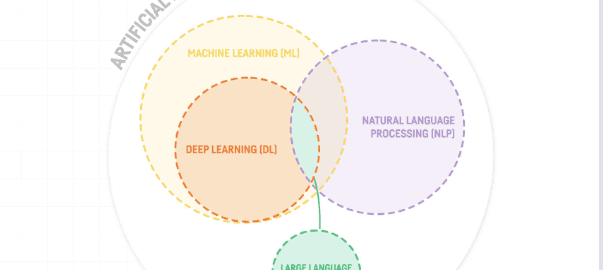Kamono Farm Initiatives Limited (KFI) is a Zambian company that was founded in 2012 with the vision of changing the agribusiness landscape by offering farmers a superior service. KFI’s business model is based on contract farming, which allows the company to provide farmers with access to inputs, markets, and technical expertise. This has allowed KFI to help farmers increase their yields and incomes, and to improve the sustainability of their farming practices.
However, in recent years, KFI has been facing allegations of fraud and money laundering. These allegations stem from a number of factors, including:
Continue reading










